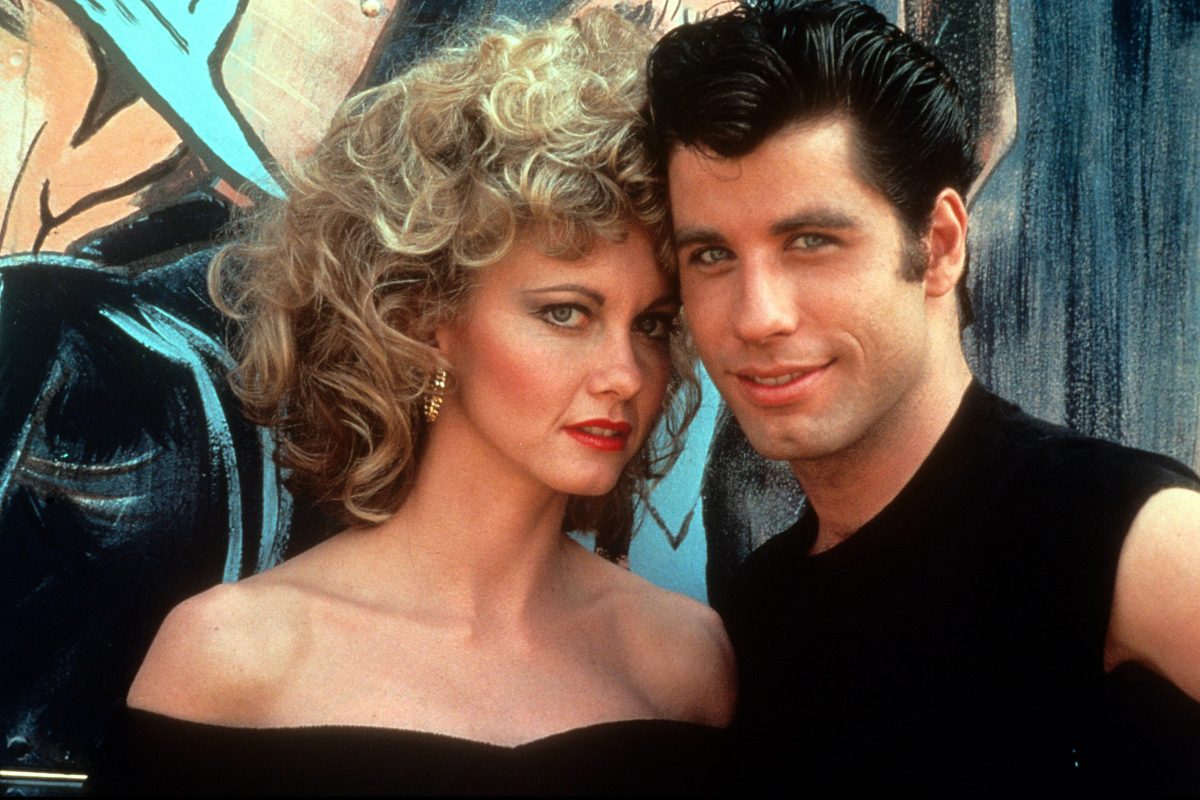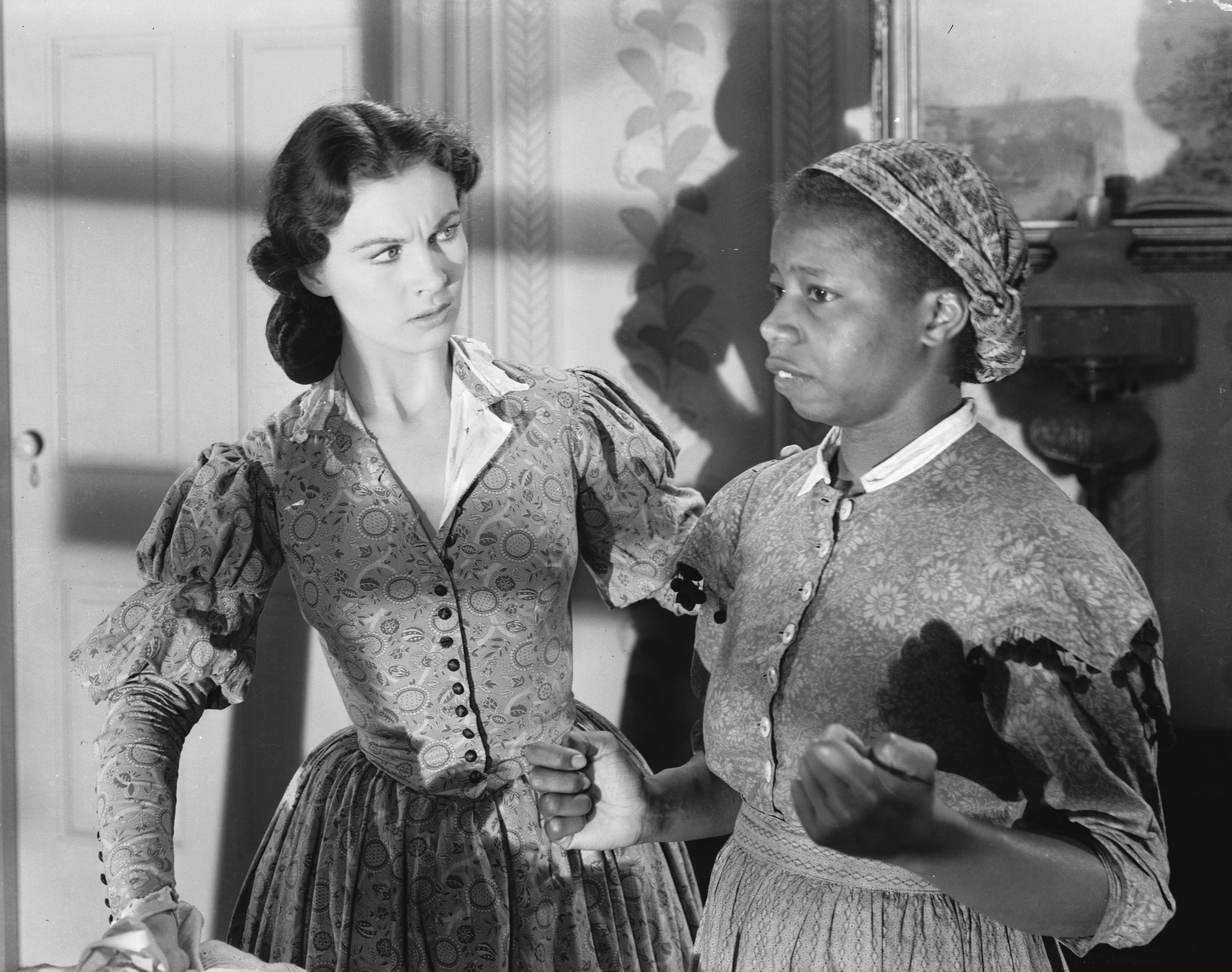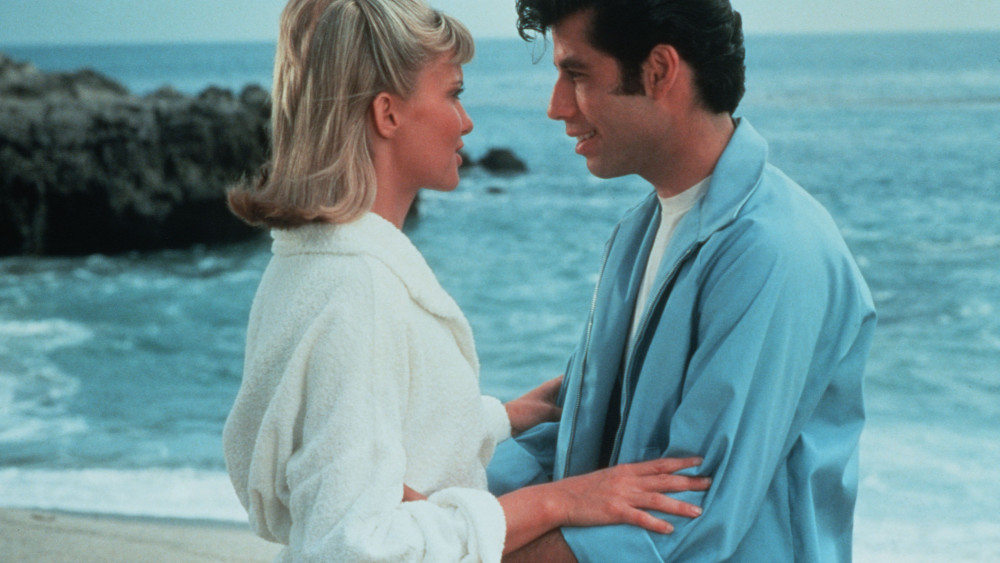Grease ranks among the pantheon of classic movie musicals, but when it aired on the BBC after Christmas last year, it sparked some controversy with viewers complaining that it’s sexist. Now Olivia Newton-John, who played Sandy in the 1978 movie, has responded to the criticism in a new interview with the podcast A Life of Greatness.
“I think it’s kind of silly,” Newton-John said of the controversy. “I mean, this movie was made in the 1970s about the 1950s.”
“It was a stage play, it’s a musical, it’s fun,” she continued. “It’s a fun movie musical not to be taken so seriously.” She added that people “need to relax a little bit and just enjoy things for what they are” and insisted that she “didn’t see it like that at all — I think it’s a fun movie that entertains people.”
To be clear, there are absolutely parts of Grease that are problematic and sexist. Its high-school protagonists ask each other questions like “Did she put up a fight?” when wondering about summer romances, Danny gets way too handsy with Sandy while they’re at the drive-in, and the movie’s final message can be boiled down to “if you want to get boys to like you, all you have to do is change your entire personality and physical appearance to seem more ‘fun.’” But Newton-John makes an important point: it’s a movie set in the ’50s, made in the ’70s — both times when that kind of casual misogyny wasn’t just more commonplace, it was the norm.
Grease is far from the only example of a “classic” film that also reflects the sexist attitudes of its era. It’s A Wonderful Life, for example, is (rightly) considered a holiday staple, but because it was made in 1946, it features a lot of things that simply wouldn’t fly today, like George Bailey’s kid brother Harry playfully chasing their maid throughout the house and slapping her on the ass. In the alternate reality in which George has never been born, Mary being an unmarried librarian is presented as a fate worse than death. (Literally! George is bummed to find that Harry is dead in this universe, but it’s the Mary-as-a-spinster revelation that causes him to freak out and realize he wants to live again.) But that doesn’t mean that we should stop watching it every Christmas; it’s important to recognize the aspects of certain films that have aged poorly and point them out to future generations, but it doesn’t mean they should be erased entirely.
It’s similar to the Gone With the Wind/HBO Max controversy from earlier this year. After temporarily pulling the movie from its platform due to its racism and glorification of the antebellum South, the streaming service eventually decided that removing the movie entirely and pretending like it never existed was less effective than leaving it up with a disclaimer to provide added context. “When we return the film to HBO Max, it will return with a discussion of its historical context and a denouncement of those very depictions, but will be presented as it was originally created, because to do otherwise would be the same as claiming these prejudices never existed,” the company said in a statement. “If we are to create a more just, equitable and inclusive future, we must first acknowledge and understand our history.”
Perhaps the BBC (and other networks) can follow suit and add a similar disclaimer to Grease.
Thanks for reading InsideHook. Sign up for our daily newsletter and be in the know.

















